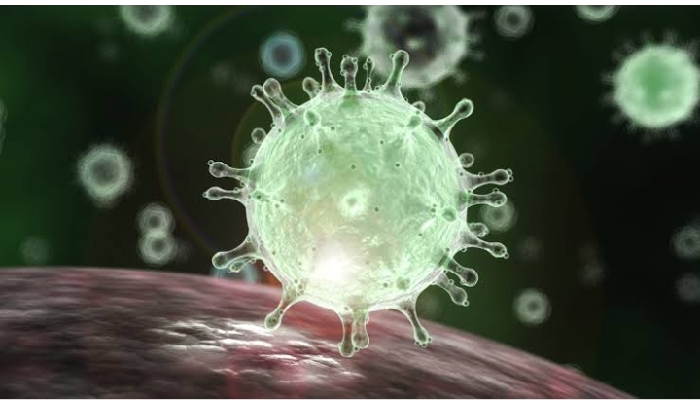Mumbai, Dec 14: In a stern message to ally Congress, Shiv Sena on Saturday said that it will not compromise with its stand on Hindu ideologue Vinayak Damodar Savarkar whom it described as a "God-like figure".
Hours after former Congress president Rahul Gandhi's statement on Savarkar, Shiv Sena leader Sanjay Raut said the Hindu ideologue had also a major contribution in the freedom movement like Jawaharlal Nehru and Mahatma Gandhi.
"Veer Savarkar is a Godlike figure not just in Maharashtra but in the entire nation. Savarkar name resembles sacrifice and self-respect. Like Nehru and Gandhi, Savarkar also sacrificed his life for the freedom of the country," Raut tweeted.
"Every such God-like figure should be respected. There is no compromise on it," he added.
Raut said that Shiv Sena respects former Prime Minister Jawaharlal Nehru and Mahatma Gandhi and wants the Congress to reciprocate.
"We respect Pandit Nehru and Mahatma Gandhi. You do not insult Savarkar. There should not be any need to tell more to sensible people," he tweeted.
Addressing a rally earlier today, Rahul Gandhi said he would not apologize for his "rape in India" remark as his name is not Rahul Savarkar.
"I was asked by the BJP in Parliament yesterday to apologize for a comment for a speech. I was asked to apologize for something which is right. My name is not Rahul Savarkar. My name is Rahul Gandhi. I will never apologize for truth," Gandhi said.
Reacting to Gandhi's statement, Savarkar's grandson Ranjit has said that Shiv Sena chief Uddhav Thackeray should beat Gandhi publicly for 'insulting' his grandfather. "I want Uddhav Thackeray beat Rahul Gandhi openly as he said many times that if anyone insults Savarkar, he will beat him publicly," he said.c





Comments
savarker and sivaji are the two boot liker of british we can call them slaves of white....we have our couragous tiger hero tippu sultan...fight like tiger with many dogs from marata and nizam....
jai tippu sultan and jai karnataka and jai republic of south india (comming in futur)
Mr.Raut is a spoksperosn with double tongue and duoble policy - one day he and his party will vanished by same policy. Be like a Indian and give good administration for the sake of the citizen andthe country.
Dirty trick and policy - no long life.
savarkar grandson, to beat publicly it might be your criminal rss agenda. But India still not under rss so comment like Indian not be like rss goon. Peace loving Indians may revolt against you and your supporter and then you will not recognized easily.
Still Time imporve your self come out from communalism.
Jai Hind !
Savarkar is crook & british boot licker
Add new comment